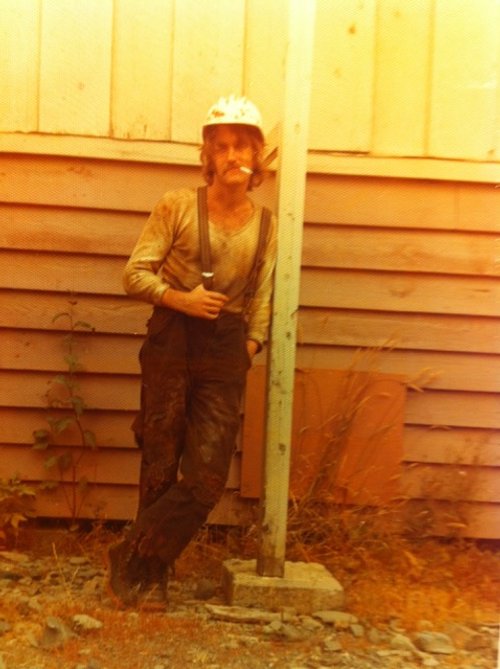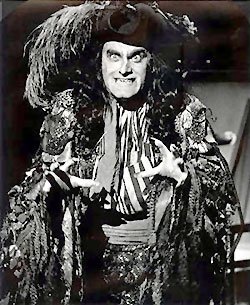A note from Peter O’Toole to John Neville, in Canada, about my Bottom.
Me as Edgar and Peter Ustinov as King Lear, directed by Robin Phillips, at Stratford.
The brilliant Heath Lamberts as Cyrano de Bergerac, and me as his best friend LeBret, at the Shaw Festival and Royal Alex in Toronto, directed by Derek Goldby.
Chiron, Titus Andronicus, directed by Brian Bedford, starring Bill Hutt, at Stratford, Ontario.
Orgon, as Brian Mulroney, in Tartuffe, for CBC and the Neptune Theatre in Halifax; directed and adapted by Richard Ouzounian, co-starring the delightful Walter Borden, as a Reganesque Tartuffe.
Professional Acting Resume
Film reel
SOL on You Tube
Rodger Barton
I have been an actor/teacher/single dad/monologue coach for most of 35 years. I spent 7 seasons with the Stratford Festival in Canada, doing eight Shakespearean productions under Robin Phillips, many with Brian Bedford, Martha Henry, Bill Hutt, five productions with Maggie Smith and two with Peter Ustinov.
Around twenty years ago, I decided to help young people love Shakespeare as much as I do. To do that, they had to play him out loud. To enjoy playing him aloud they needed cut scripts. I discovered and implemented the thought-verse formatting, and then noted the series to finish the job. Interestingly, a French teacher did a meticulous final proofing. I combed the scripts endlessly. It took two years to complete 12 plays. While creating them I read them, and re-read them, and re-read them some more aloud, with Keith Knight - taking equal turns at 'Hamlets and Horatios.' They were only finished when we agreed that they made complete sense. I then sold paper versions of the series for several years. New Year's 2013, in an effort to trump budgets and bores and stick to my purpose of growing love for Shakespeare, I decided to post the whole series on this website for free. I then watched about 50,000 scripts downloaded and received 3 thank-you emails for my efforts. I don’t actually expect teachers to be very gifted at communication skills; usually they are talking to 30 students at a time. What the students mainly need is individual practice. This whole website is a tool-chest for that challenge - a vocal gym, crammed with language- machines. AI is going to judge our speaking skills, you know? I’m quite sure she will have bright, and not-so-bright, boxes for us all. She’ll categorize us by listening to us, just like we do to others. In time, she will be our main interlocutor. Vocabulary and syntax will become survival tools! Practicing Shakespeare Out Loud is a wonderful way to acquire these tools.
The SOL audio recordings and monologues, produced during Covid, are a new way to meet the plays - the way Will intended, out loud! I played all the parts except the French ladies in Henry V, exquisitely performed by a friend. They are a good starting point for readers/students to begin playing the parts themselves. The monologue page, which I continue to add to, provides pdfs and mp3s for about 40 of Shakespeare’s greatest soliloquies and passages. Learning and playing them, I’m banking, will assist my elderly mental acuity. For young actors, monologues are an essential! I plan to spend future months adding acting notes for all the speeches. They will always remain free!
The secret to oral communication,
and playing Shakespeare, is practice.
Work hard, so you may play easily.
Ghost, pirate captain at Young Peoples’ Theatre, in Toronto, directed by Richard Greenblatt.
I played Frank twice; I can’t imagine why!








